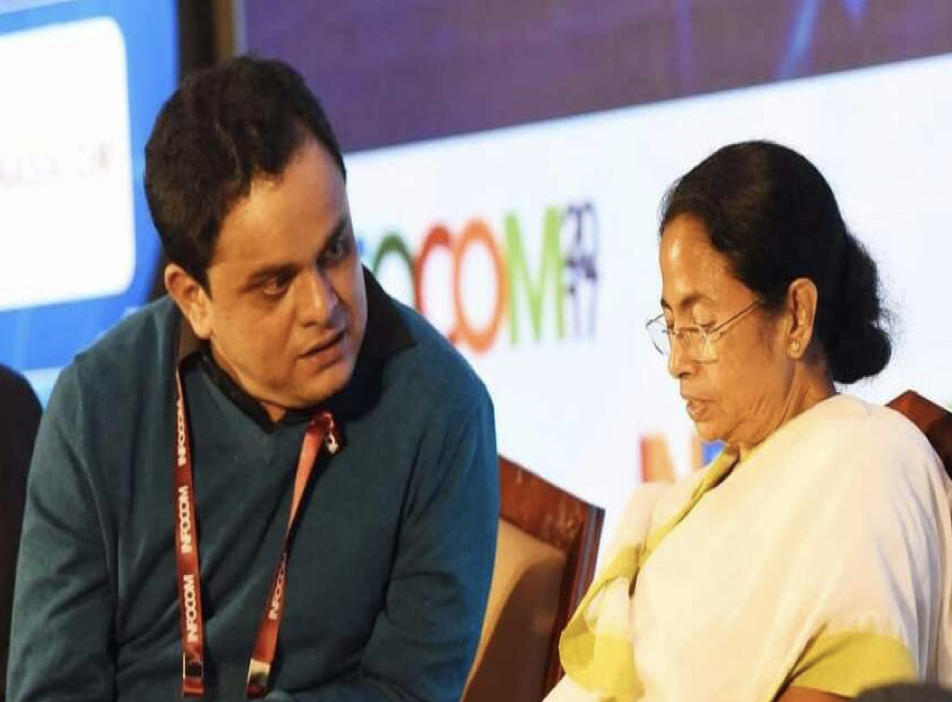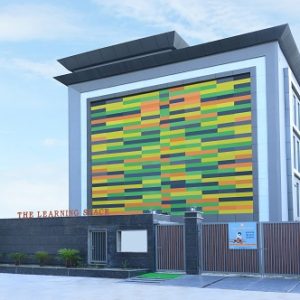Following reports that Bengali would be made a second language requirement under West Bengal’s new educational policy, state Education Minister Bratya Basu said on Tuesday that while students would be free to choose their first language without the government interfering, the choice of second and third languages would depend on the “population pattern” and the ethnic makeup of the people living in that area.
A pupil is free to select their first language, according to Basu, who was speaking to local media. Bengali is an option for the first language in Kolkata. You can decide to speak Nepali as your first language in the Darjeeling hills if you so desire. A student may select Alchiki or Rajbanshi as their first language in some parts of the state. As a first language, Urdu is an option as well.
The minister stated that the government does not intend to force Bengali as the second language, adding that “the second and third languages will entirely hinge on the population pattern and the ethnic profile of people living in a particular region.”
Basu stated that the state’s proposals for educational policy would soon be put into effect, adding that “we will post the entire set of recommendations on the official website soon.”
The new educational strategy of the West Bengal government requires that children in grades 5-8 master three languages.
Basu stated that the state government has no intention of assuming total control over private schools when it comes to the question of establishing a commission to oversee private schools in the state. “The pricing structure of several private schools has been the subject of numerous complaints to the chief minister (Mamata Banerjee). Old and well-known schools have no issues with tuition. Some recently opened private schools dramatically raised tuition. These institutions would be under our control, said Basu.
The state cabinet resolved to create such a commission on Monday, and it will be presided over by a retired judge. A similar commission was previously established by the state government to oversee private hospitals and nursing homes.
According to sources, the state administration would likely propose a bill titled “The West Bengal Private Schools Regulatory Commission Bill, 2023” to establish this Commission in the second half of the legislative Assembly’s monsoon session.
According to PTI, which also cited an unnamed official, pupils in grades 5 through 8 will be required to take three languages, with the third option being either a regional or a foreign language. The official stated that priority may be given to Bengali, Sanskrit, or Hindi and that the three-language policy will be implemented in stages. “The third language could be a local or regional language as well as a foreign language, but it can be given to Bengali, Sanskrit, or Hindi,” the official added.
The officer went on to explain the policy, saying it has chosen to stick with the current divisions in the educational level – four years of primary and upper primary school for each, two years of secondary education, and then an additional two years of higher secondary education.














